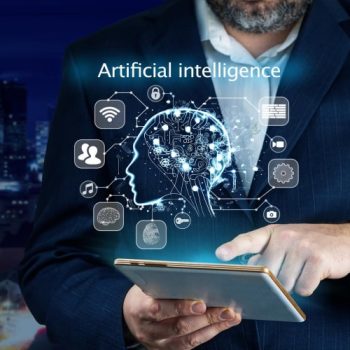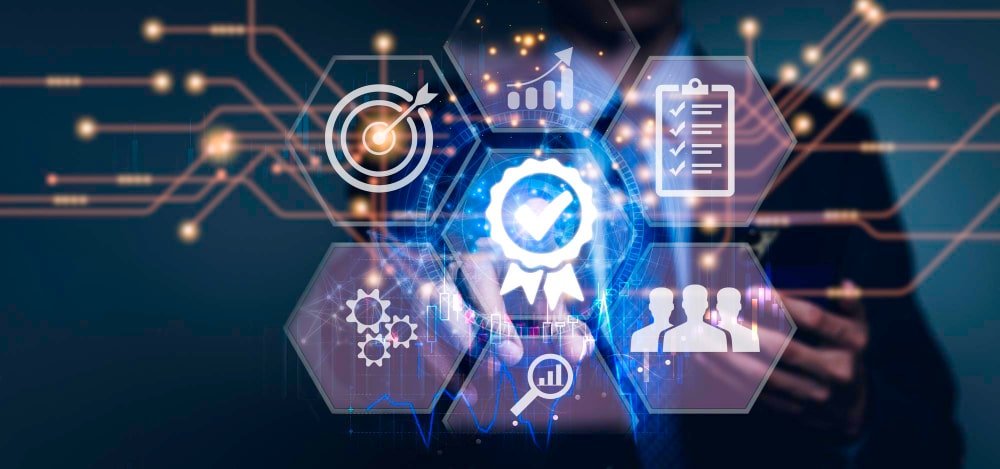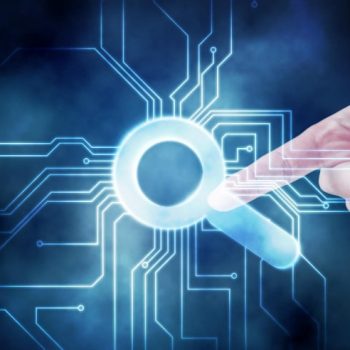In today’s workplace, Digital Employee Experience (DEX) has emerged as a serious factor in defining organizational success. It’s about building an environment where digital tools enhance employee satisfaction, productivity, and engagement. IT managers, of course, play a huge role in creating and managing these digital environments, while Managed Service Providers (MSPs) bring in external expertise to support the journey.
Therefore, seamless collaboration between IT management and MSPs is crucial in elevating digital experiences for employees.
Firstly, let’s understand more about the rise of DEX.
Related blog: Why DEX and ITSM are like two peas in a pod
Why Digital Employee Experience is Integral to Modern Workplaces
Digital employee experience encapsulates every interaction an employee has with the digital tools provided by their employer. It influences how employees work, the way they perceive their workplace, and their role within the organization. Some of its impact areas include:
- Heightens collaboration and connectivity: In a digitalized workplace, tools like instant messaging, video conferencing, and project management software facilitate better collaboration and connectivity, regardless of the physical location. It is especially valuable in the era of remote and hybrid work models.
- Supports employee autonomy: Digital tools enable employees to work more autonomously, offering flexibility in how, when, and where they work. It triggers more job satisfaction and a more positive work-life balance, which greatly influences employee retention.
- Builds learning and development: Digital platforms provide opportunities for ongoing learning and professional development. E-learning courses, virtual training sessions, and access to online knowledge repositories help employees continuously upgrade their skills.
- Boosts employee engagement: A positive digital experience can boost employee morale and engagement. When employees have access to easy-to-use digital tools, they are more likely to feel valued and invested in their work.
- Enables data-driven decisions: Digital tools can assess employee data on performance. So, it allows for more informed decision-making regarding workforce management, training needs, and resource allocation.
- Improves resource management: With digital tools, organizations can manage their resources, including human capital. Tools for time tracking, resource scheduling, etc., go a long way to optimize resource utilization.
- Encourages innovation: A robust digital work environment can stimulate innovation and creativity. Employees feel encouraged to experiment with new ideas when they have access to cutting-edge tools and technologies.
How IT Managers Help Shape Digital Experiences
Strategic technology planning
IT managers play an important role in strategic planning for technology adoption and deployment. They analyze long-term business goals and align technology roadmaps accordingly. It involves forecasting tech trends, budgeting for new technology investments, and planning for technology lifecycle management.
Technology architecture and integration
IT managers are responsible for designing and maintaining the overall technology architecture. It includes ensuring that various digital tools and platforms are seamlessly integrated, facilitating data flow and system interoperability. Their focus is on creating a cohesive digital ecosystem that supports business processes.
User experience and accessibility
IT managers focus on the end-user experience, ensuring that digital tools are intuitive and accessible. It includes overseeing user interface (UI) design, ensuring compliance with accessibility standards, and customizing solutions to diverse user needs.
Data management and analytics
IT managers oversee data management strategies, ensuring data integrity, security, and data utilization. They implement tools for data analytics, providing insights to drive business decisions and improve digital tool effectiveness.
Compliance and security
Ensuring compliance with legal and industry-specific data security standards is the responsibility of IT managers. They implement and oversee cybersecurity measures, risk management strategies, and regulatory compliance related to digital tools and data.
How MSPs Contribute to Enhanced Digital Experiences

Specialized expertise in emerging technologies
MSPs offer expertise in cutting-edge technologies like AI, IoT, and blockchain, providing insights into how these technologies can drive business innovation. By keeping abreast, MSPs can anticipate market trends and guide businesses in leveraging these technologies to gain a competitive edge and optimize operations.
Customized solutions for business needs
MSPs provide tailored solutions that fit specific business needs, recognizing that each business has unique objectives. They conduct thorough needs assessments and develop customized strategies for technology implementation, ensuring that the solutions address current requirements while being scalable for future growth.
Proactive system management and maintenance
MSPs offer proactive maintenance, monitoring, and management of IT systems, focusing on preventing issues before they occur. It includes regular updates, patch management, and preventive measures to ensure system health and minimize downtime. So, MSPs help businesses avoid potential disruptions and maintain high levels of operational performance.
Scalability and flexibility in IT operations
MSPs enable businesses to scale their IT operations with flexibility, accommodating growth or changes without the need for in-house resource adjustments. With MSPs, businesses can easily upscale or downscale their IT resources, ensuring they are always aligned with business needs and objectives without overburdening their budgets.
Related blog: ITOM as the Gateway to AIOps and DEX
Advanced cybersecurity services
During times when security threats are becoming more sophisticated and frequent, MSPs provide the expertise to safeguard sensitive data and maintain business continuity. They also ensure compliance with various regulatory standards, ensuring smooth navigation through the world of cybersecurity regulations.
If you require more information on the role of MSPs and IT managers in DEX, please explore www.infraon.io



















